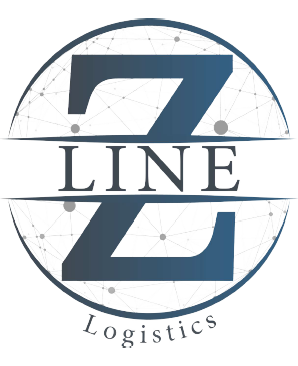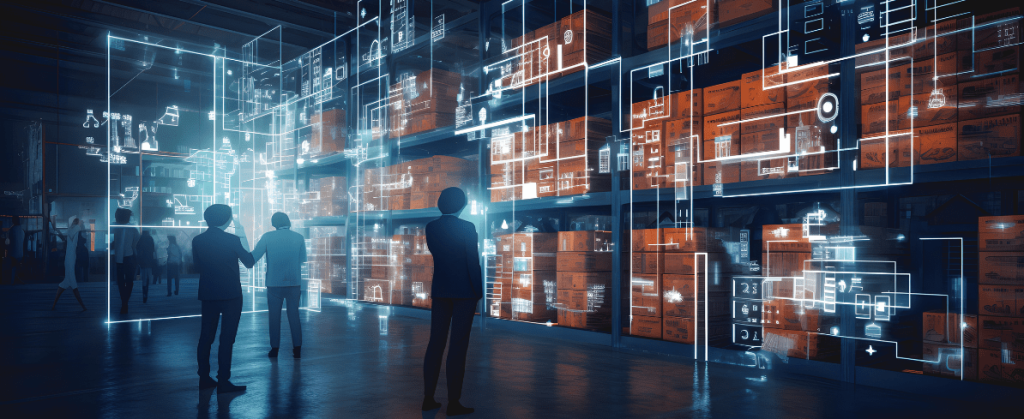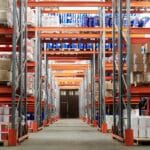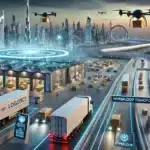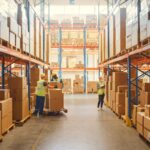In today’s fast-paced global trade environment, the efficiency and effectiveness of customs clearance are paramount.
Navigating through the complex web of import and export regulations can be daunting, but emerging technologies are reshaping this critical sector.
Dubai, a global trade hub known for its innovative spirit, is pioneering the use of AI in customs clearance.
This post explores how AI is revolutionizing customs operations in Dubai, making them faster, smarter, and more reliable than ever before.
Table of Contents
The Role of AI in Customs Clearance
The role of AI in customs clearance is becoming increasingly vital as global trade continues to expand. By automating and optimizing various aspects of the customs process, AI helps streamline operations, reduce human error, and enhance security measures.
One of the primary applications of AI in customs clearance is in the area of risk assessment. Traditional methods of risk assessment involve manual checks and intuition, which can be time-consuming and inconsistent.
AI, on the other hand, can analyze vast amounts of data quickly and accurately. By using machine learning algorithms, AI systems can identify patterns and anomalies in shipment data that may indicate potential risks.
This allows customs officials to focus their attention on high-risk shipments, thereby improving efficiency and reducing the likelihood of contraband entering the country.
Read more: The Future Arrives – AI in Last-Mile Delivery Across the UAE
How is AI Used in Customs Clearance in Dubai?
This integration not only enhances efficiency but also significantly improves the accuracy and security of customs operations. Here’s a closer look at how AI is being utilized in Dubai’s customs clearance:
1- Risk Assessment and Management
- Dubai Customs has implemented an AI-powered “Risk Engine” system that analyzes vast amounts of data from various sources to identify high-risk shipments.
- By using machine learning algorithms, the system can detect patterns and anomalies that might indicate potential risks.
2- Automated Document Processing
- AI-driven solutions have been deployed to automate the extraction and verification of information from these documents.
- Optical Character Recognition (OCR) technology, a type of AI, is used to digitize and process both printed and handwritten documents with high accuracy.
3- Enhanced Security Measures
- AI plays a crucial role in enhancing the security of customs operations in Dubai.
- AI-driven image recognition technology is used to analyze X-ray images of luggage and cargo.
4- Predictive Analytics for Better Resource Allocation
- Predictive analytics, powered by AI, allows Dubai Customs to forecast potential issues and optimize resource allocation.
- By analyzing historical data and current trends, AI can predict peaks in trade volume and suggest proactive measures to manage these periods efficiently.
5- Streamlining Customer Service
- Dubai Customs has also leveraged AI to improve customer service.
- AI-powered chatbots and virtual assistants are available 24/7 to assist traders and travelers with their queries.
Learn more: What is Last-mile Delivery? Revolutionizing E-Commerce in Dubai for 2024
Tips for Adopting AI in Customs Clearance

Before implementing AI in customs clearance in Dubai, you need to understand these tips to better understand this upcoming revolution.
- Evaluate specific areas where AI can add value, such as risk assessment or security, to prioritize initiatives and allocate resources effectively.
- Select AI technologies that align with your operational needs, such as OCR for document processing, or image recognition for security checks.
- Provide comprehensive training for staff to effectively use new AI tools and implement a change management strategy to communicate benefits and ensure smooth adoption.
- Test AI applications through pilot projects in a controlled environment to evaluate effectiveness and make adjustments before full-scale deployment.
- Engage with government agencies and the trading community to ensure AI solutions meet regulatory requirements and address all stakeholder needs.
- Continuously monitor AI performance using key performance indicators (KPIs) and regularly evaluate metrics to optimize system effectiveness.
For more information read Blockchain in Logistics And Supply Chain: Uses, Benefits, And Five Roles
.
Challenges in Implementing AI in Customs Across the UAE
Implementing AI in customs operations across the UAE offers significant benefits but also presents several challenges:
- Data Quality and Integration: Ensuring high-quality, accurate data and integrating it from various sources is complex but crucial for effective AI implementation.
- Regulatory Compliance: AI systems must comply with strict local and international regulations, which can be difficult given the evolving nature of AI technologies.
- Cybersecurity Concerns: Protecting AI systems from cyber-attacks is essential, as they handle sensitive data and are attractive targets for hackers.
- High Implementation Costs: The initial costs of AI technology, data preparation, system integration, and ongoing maintenance can be substantial.
- Technical Expertise and Skills Gap: Implementing AI requires specialized skills, necessitating the recruitment or training of personnel in AI.
- Scalability and Interoperability: AI systems must be scalable to handle growing trade volumes and interoperable with existing systems to avoid disruptions.
- Ethical and Bias Concerns: Addressing biases in AI algorithms and ensuring transparency in AI decision-making is essential to avoid unfair outcomes.
Learn more: Exploring Global Sourcing Advantages and Disadvantages
Final Thoughts on AI in Customs Clearance
The integration of AI into Dubai’s customs clearance system is a testament to the emirate’s commitment to innovation and efficiency.
By leveraging AI technologies, Dubai Customs not only enhances its operational capabilities but also sets a benchmark for customs administrations worldwide.
As we move towards an increasingly digital future, the role of AI in customs clearance will undoubtedly grow, and getting our experts’ help at Z Line Logistics Company can further simplify trade and strengthen global commerce.
Learn more: The Positive and Negative Impacts of the Amazon Effect on Freight in Dubai
